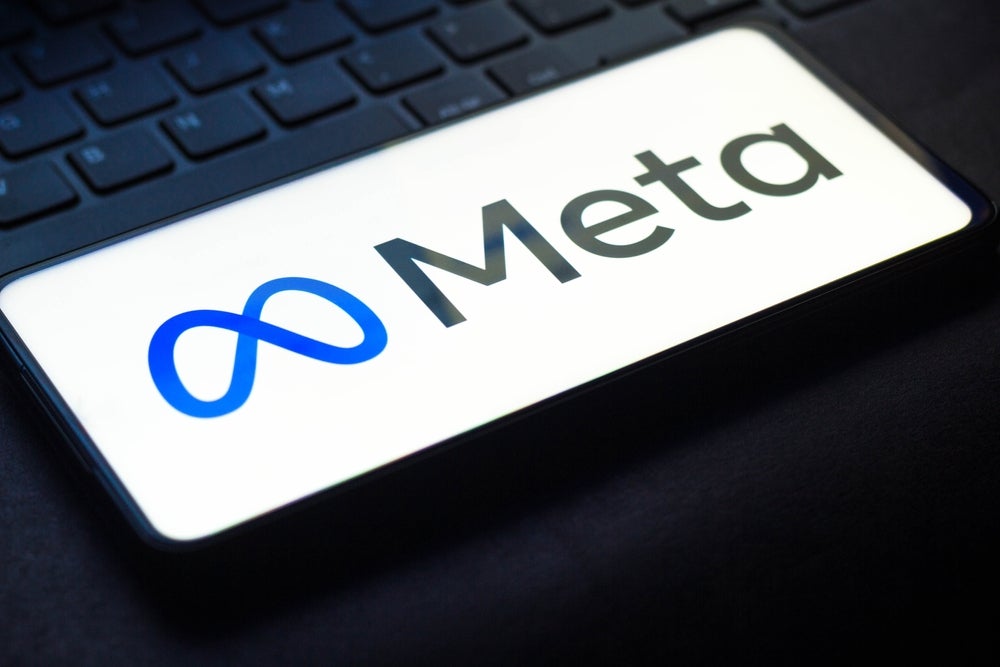
American antitrust challenges against Meta Platforms are coming hard and fast right now, with the latest developments including a fresh federal investigation and a move by state prosecutors to restart a stalled previous action against the web giant.
Facebook’s parent company hit a big legal setback last week when a judge approved an antitrust case into the company’s acquisitions of smaller rivals. The case was launched by the Federal Trade Commission (FTC).

Access deeper industry intelligence
Experience unmatched clarity with a single platform that combines unique data, AI, and human expertise.
Now, 46 US states and the territory of Guam are appealing to reinstate a similar case. Meanwhile, the FTC and several state attorney-generals are now probing Meta’s virtual reality (VR) division for anti-competitive behaviour.
Last week the FTC successfully convinced a district judge to approve an antitrust case against the Meta company. The suit argued that Facebook had choked competition in the social media industry by acquiring or unfairly out-competing rival platforms.
According to GlobalData’s deals database, Facebook has acquired more than 50 companies since it snapped up Instagram for $1bn in 2012.
The FTC had failed to get the suit to court in the summer of 2021. Back then the judge said the feds’ argument that Facebook could be considered to be monopolistic wasn’t strong enough. He did, however, give the regulator a chance to improve its arguments. At the tail end of 2021, the FTC resubmitted its antitrust case against the Meta company. The judge has now, despite Facebook’s protests, agreed that the case can go to trial.

US Tariffs are shifting - will you react or anticipate?
Don’t let policy changes catch you off guard. Stay proactive with real-time data and expert analysis.
By GlobalDataWhen the FTC filed its original antitrust case against the Meta company, 46 states also filed a similar suit arguing against alleged monopolist behaviours. The same judge rejected the case at the time. This week, the states’ attorney generals and state attorneys petitioned an appeals court to reinstate the case.
“For almost a decade, Facebook has had monopoly power in the personal social networking market in the United States,” the states argued. “As set forth in detail below, Facebook illegally maintains that monopoly power by deploying a buy-or-bury strategy that thwarts competition and harms both users and advertisers.”
Alabama, Georgia, South Carolina and South Dakota were the only four states not backing the case against Facebook.
“There are no grounds for overturning that decision in the court of appeals,” a Meta spokesperson said in a statement seen by Reuters.
Bloomberg now also reports that the FTC and several state attorneys are separately probing the company for “potential anti-competitive practices” in the much hyped VR market. The regulators are investigating whether the company has choked competition by subsidising the price of its Quest 2 VR headset and investigators are reportedly also digging around Meta’s app store, hardware and software practices for other angles.
Given that Meta rebranded in 2021 to highlight its focus on becoming a metaverse company – meaning that it believes its future lies in VR and augmented reality – this could potentially be a huge setback.
While the AR market was worth a fairly restrained $7bn in 2020, GlobalData estimates that it will generate revenues of $152bn by 2030.







